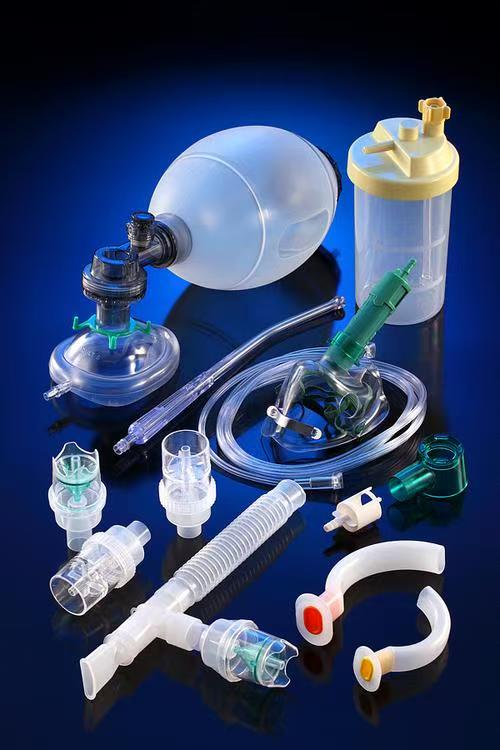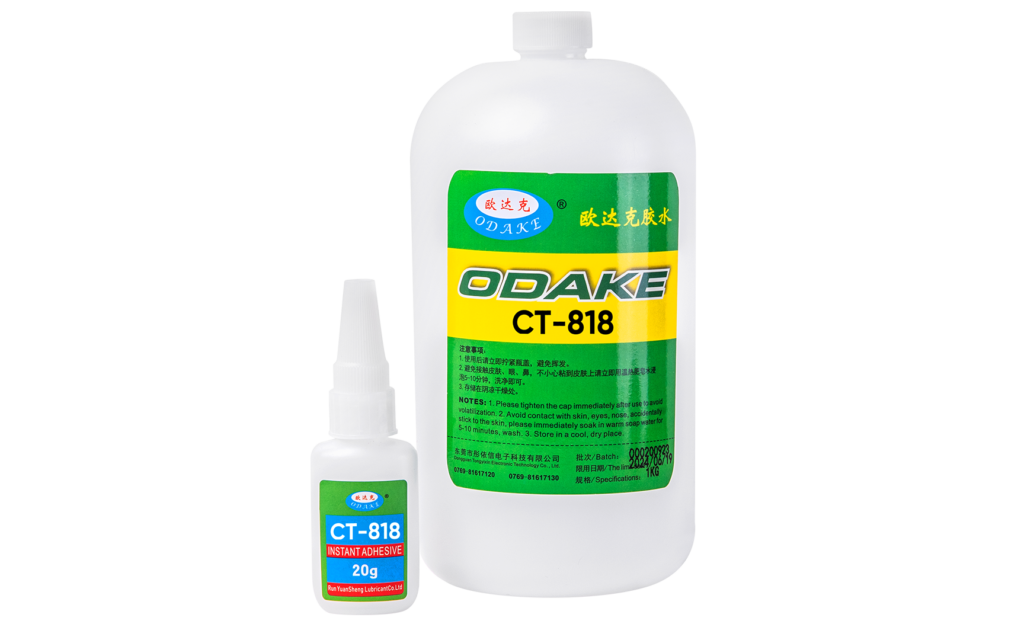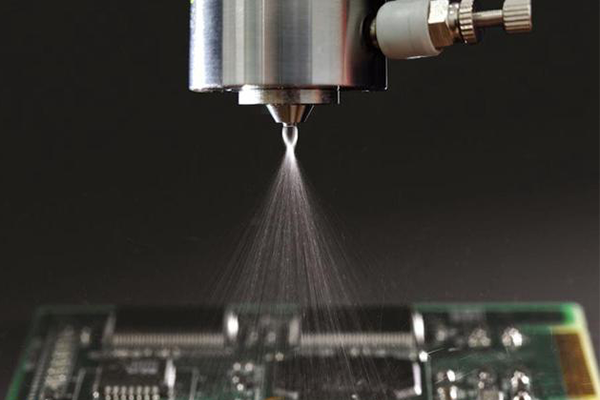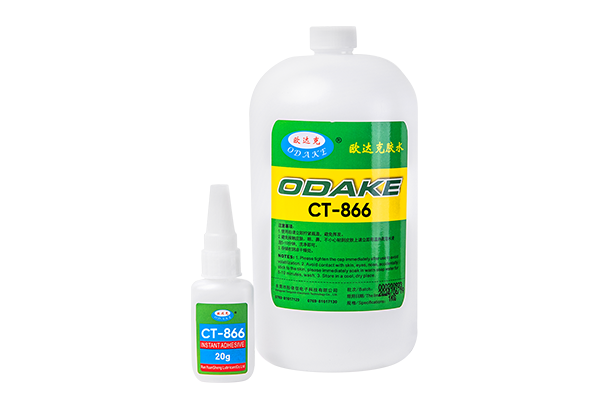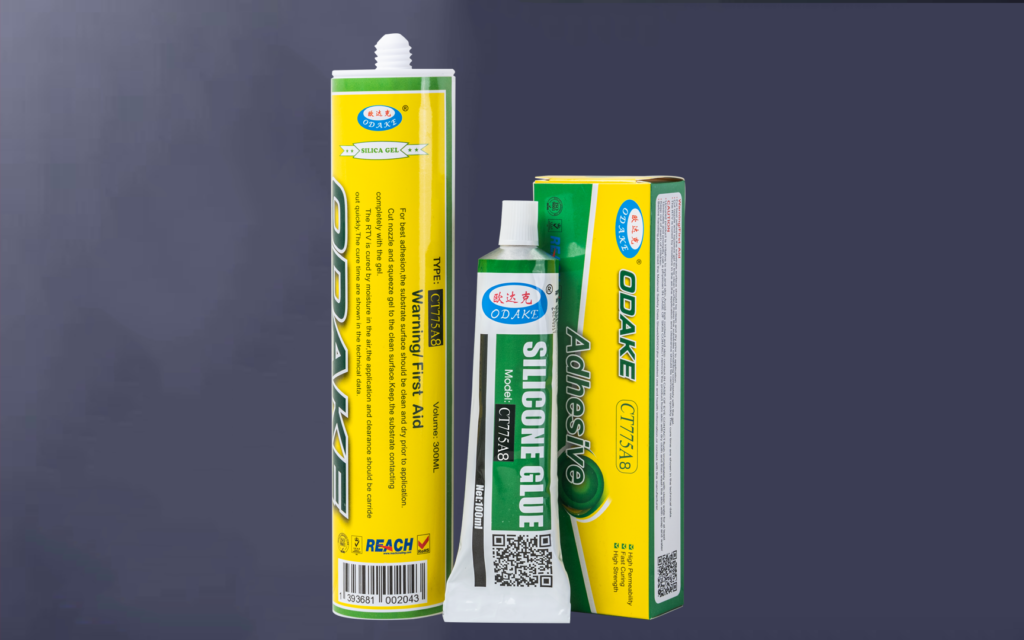When it comes to bonding materials, not all adhesives are created equal. In healthcare and manufacturing, medical adhesive and industrial adhesive serve very different purposes, with unique performance requirements, safety standards, and application techniques.
If you’re wondering which one is right for your project—or how they compare—this guide will break down their differences, uses, advantages, and selection tips in a way that’s clear, informative, and SEO-friendly.
What Is Medical Adhesive?
Medical adhesive is a specialized bonding solution designed for direct or indirect contact with the human body. These adhesives are biocompatible, meaning they won’t cause skin irritation, allergic reactions, or toxicity. They are extensively tested to meet international safety standards like ISO 10993 and USP Class VI.
Common characteristics:
Biocompatibility for safe skin, tissue, or fluid contact
Sterilization resistance to withstand autoclaving, gamma radiation, or ethylene oxide
Gentle yet secure adhesion for medical devices and wound care
Regulatory compliance with FDA and EU MDR requirements
Typical applications:
Wound dressings and surgical drapes
Wearable medical devices (ECG patches, glucose monitors)
Surgical glues for wound closure
Medical device assembly (catheters, tubing, sensors)
What Is Industrial Adhesive?
Industrial adhesive is designed for manufacturing, construction, automotive, electronics, and general industrial applications. Unlike medical adhesives, they don’t require biocompatibility but must meet other rigorous performance demands such as high shear strength, chemical resistance, and durability under extreme conditions.
Common characteristics:
Strong bonding for metals, plastics, composites, and glass
High durability in temperature, pressure, and chemical exposure
Specialized performance for structural or load-bearing applications
Variety of formulations (epoxies, polyurethanes, acrylics, cyanoacrylates)
Typical applications:
Automotive assembly and repair
Aerospace components
Electronics manufacturing
Construction and furniture assembly
Key Differences Between Medical and Industrial Adhesives
| Feature / Criteria | Medical Adhesive | Industrial Adhesive |
|---|---|---|
| Biocompatibility | Required; meets ISO 10993, USP Class VI | Not required |
| Regulatory Compliance | FDA, EU MDR, and other healthcare-specific regulations | Industry-specific (ASTM, ISO, automotive, etc.) |
| Sterilization Resistance | Essential | Optional |
| Primary Use | Healthcare devices, wound care, surgical applications | Manufacturing, construction, heavy-duty bonding |
| Skin Contact Safety | Safe for prolonged skin contact | Not safe for skin contact |
| Performance Focus | Patient comfort, safety, gentle removal | Strength, durability, environmental resistance |
How to Choose the Right Adhesive
When deciding between medical and industrial adhesives, ask yourself:
Will it contact human skin or tissue?
→ If yes, use medical adhesive for safety and compliance.What materials am I bonding?
→ Match adhesive chemistry to substrate type (plastic, metal, silicone, fabric).What environment will it face?
→ For sterilization, moisture, and patient comfort → medical adhesive.
→ For heat, chemicals, and structural loads → industrial adhesive.What regulations apply?
→ Healthcare applications must meet FDA and ISO 10993.
→ Industrial projects follow ASTM, ISO, or sector-specific standards.
Final Thoughts
Both medical adhesives and industrial adhesives are engineered for high performance, but their end goals differ greatly—one prioritizes human safety and comfort, while the other focuses on strength and durability in demanding environments.
Choosing the right adhesive means understanding the materials, environment, and regulations for your specific application.
📞 Ready to Find the Medical Adhesives for Your Industry?
👉 Contact us today:
🌍 Website: https://usodake.com
📧 Email: 13711910698@139.com
📞 Phone: +86-769-81617120 / 30
📍 Location: Humen Town, Dongguan, China
FAQs
Q1: Can industrial adhesive be used in medical applications?
No, industrial adhesives lack biocompatibility and can cause adverse reactions if in contact with skin or tissue.
Q2: Are medical adhesives as strong as industrial adhesives?
Medical adhesives are strong but optimized for skin safety and gentle removal, not heavy structural loads.
Q3: What certifications should I look for in medical adhesives?
ISO 10993, USP Class VI, FDA approval, and EU MDR compliance.
Q4: Can medical adhesives be customized?
Yes, they can be formulated for specific device materials, wear times, and sterilization methods.
Q5: Do industrial adhesives expire faster?
Shelf life depends on formulation and storage, but most industrial adhesives have similar or longer shelf lives than medical types.

